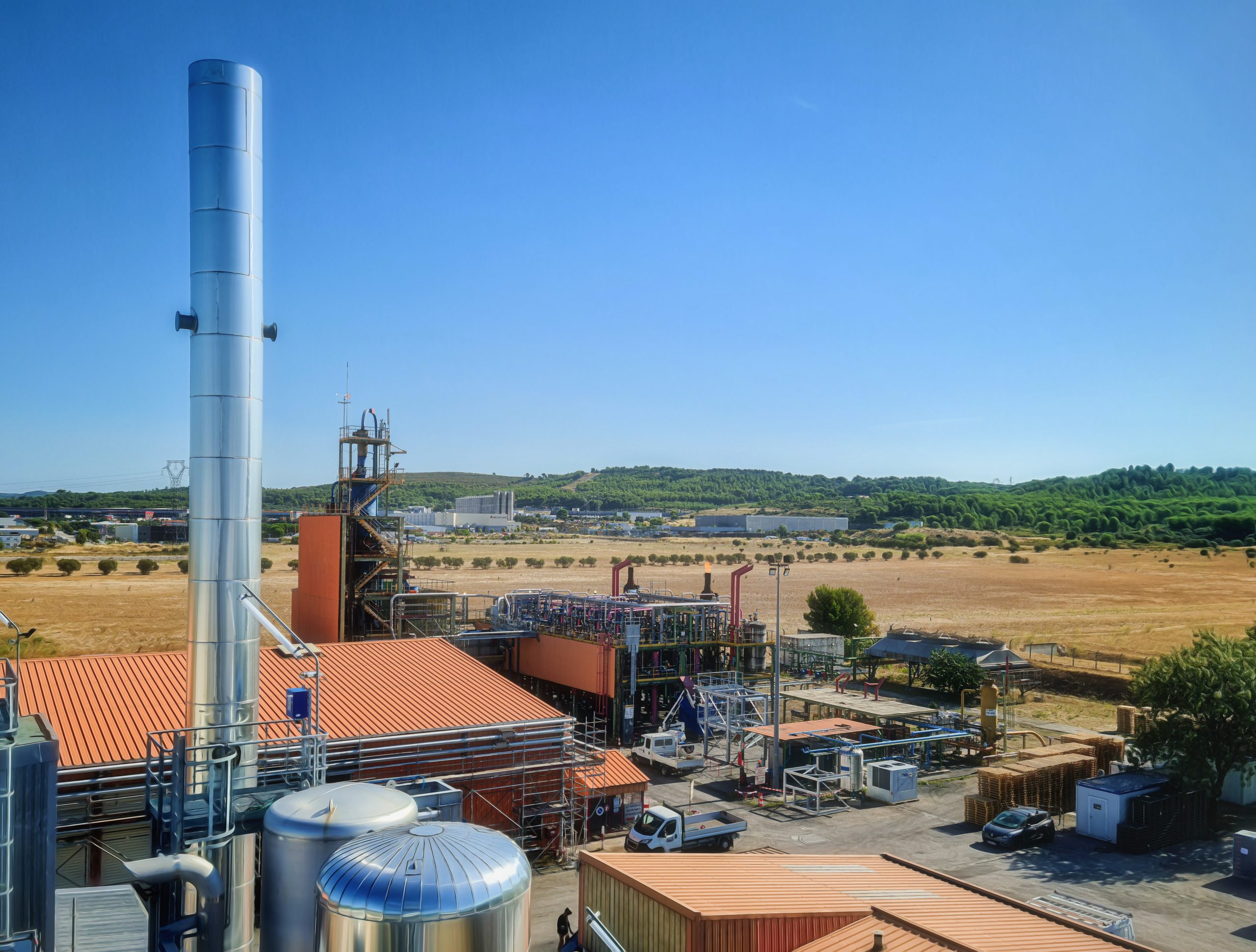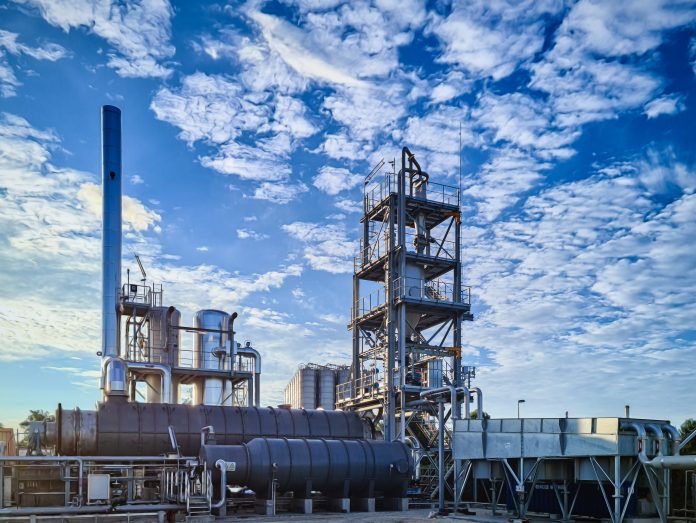Orion Engineered Carbons (NYSE: OEC), a speciality chemical company, announced plans on 5 May 2022 to build the first US acetylene-based conductive additives plant.
It has been noted that the construction of this acetylene-based conductive additives plant will provide a critical link in the value chain for lithium-ion batteries, high-voltage cables, and other products, thus, powering the global transition to electrification and renewable energy.
Orion’s planned facility in La Porte, Texas, South of Houston, will be supported by a long-term agreement for acetylene supplied from a neighbouring site owned by Equistar Chemicals LP, a subsidiary of LyondellBasell.
What is acetylene?
Acetylene is a colourless gas widely utilised as a chemical building block. Orion’s production process works by turning the acetylene into a powder, which is then added to lithium-ion batteries, enhancing electrical conductivity and extending the lifetime of the most valuable component of an electric vehicle. The material plays a similar role in high-voltage cables utilised for wind and solar farms.

Photo provided by Orion Engineered Carbons.
When will the new plant begin construction?
Orion will invest between $120m and $140m in the facility. Construction is expected to commence in the second half of 2024. This investment should increase the company’s conductive additives capacity by approximately 12 kilotons per year.
“With this investment, we will quadruple our effective manufacturing capacity of acetylene-based conductive additives,” explained Corning Painter, Orion’s CEO. “We are already experiencing high demand for this material, so expanding capacity for it is one of our top investment priorities and a major milestone in our growth plans. This is a very big day for Orion.”
The company, which has a similar plant in France with locally supplied acetylene gas from LyondellBasell, is the sole producer of acetylene-based conductive additives in the European Union.
What will this mean for the US?
The US plant will bring new technology and high-skilled jobs to the country, thus, positively impacting long-term job creation for the local community.
Additionally, demand for battery additives is expected to increase amid a global boom in the construction of gigafactories making lithium-ion batteries. The plant will have a favourable environmental profile and will be subject to obtaining routine regulatory approvals.
“Batteries will continue to play an increasingly vital role in the world’s shift toward clean energy,” Painter concluded. “By being a key supplier of materials to the battery industry, we are living up to our mission of delivering solutions for a more sustainable future.”









